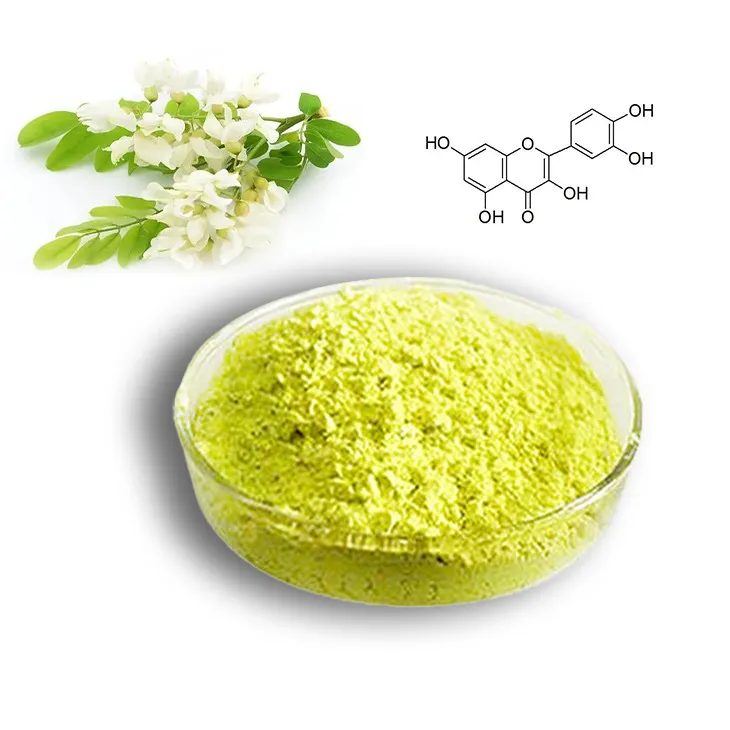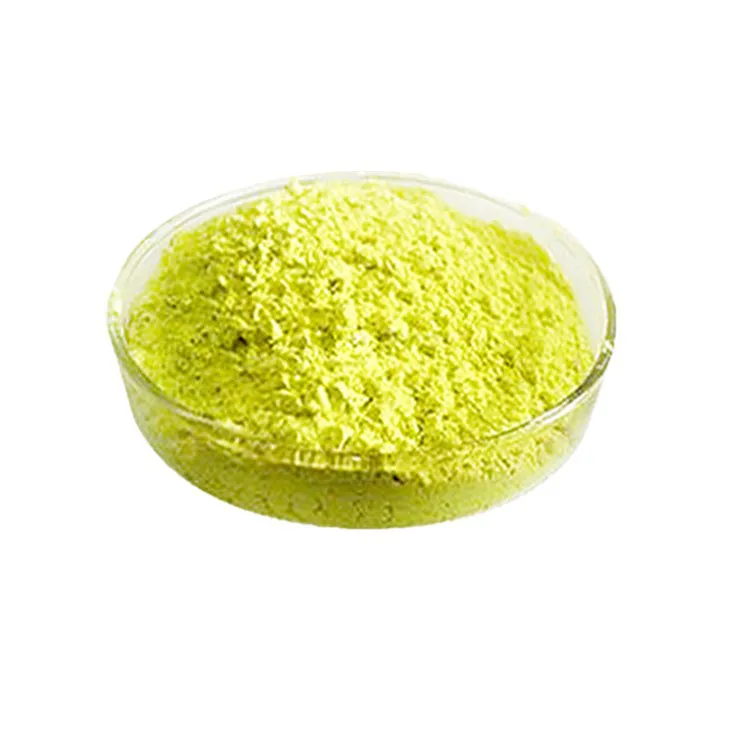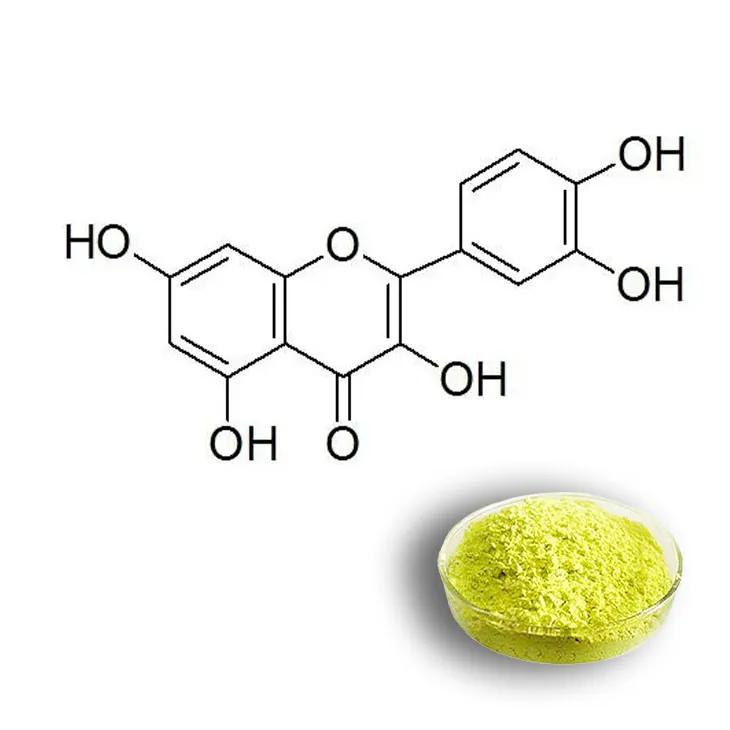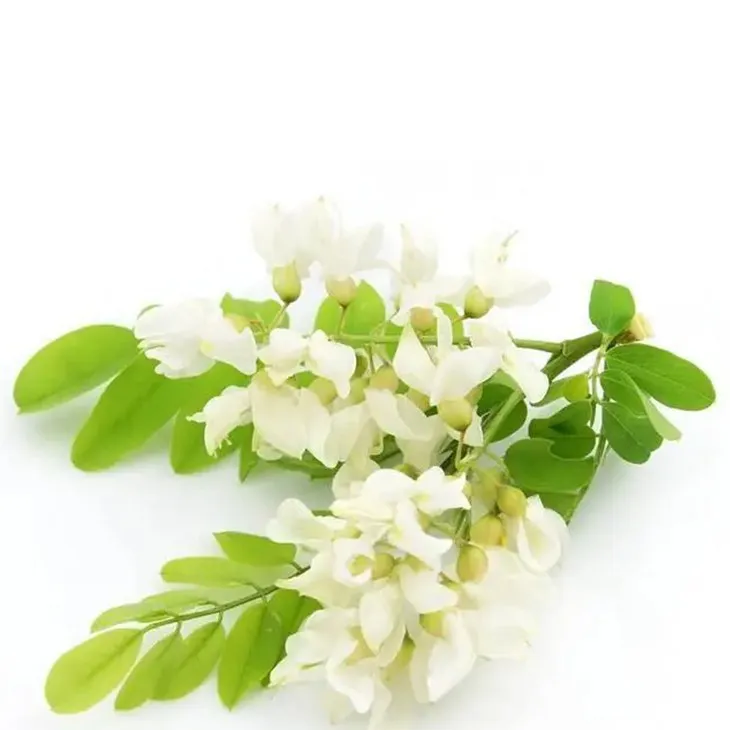- 0086-571-85302990
- sales@greenskybio.com
Quercetin: Benefits, Uses and How It Improves Your Home.
2024-11-13

1. Introduction to Quercetin
Quercetin is a natural flavonoid that is widely found in nature. It is present in many fruits, vegetables, and grains. For example, it can be found in high concentrations in apples, onions, and berries. This compound has been the subject of extensive research due to its numerous potential health benefits and its diverse applications.

2. Health Benefits of Quercetin
2.1 Antioxidant Properties
One of the most significant benefits of quercetin is its antioxidant activity. Antioxidants are substances that can neutralize free radicals in the body. Free radicals are unstable molecules that can cause damage to cells, DNA, and proteins. By neutralizing these free radicals, quercetin helps to protect the body from oxidative stress. Oxidative stress has been linked to a variety of health problems, including heart disease, cancer, and neurodegenerative diseases.
2.2 Anti - Inflammatory Effects
Quercetin also exhibits strong anti - inflammatory properties. Inflammation is a natural response of the body to injury or infection. However, chronic inflammation can lead to a range of health issues. Quercetin can help to reduce inflammation by inhibiting the production of inflammatory mediators in the body. This makes it potentially useful in the treatment of inflammatory conditions such as arthritis, asthma, and inflammatory bowel disease.
2.3 Immune System Support
Another important benefit of quercetin is its ability to support the immune system. It can enhance the function of immune cells, such as macrophages and lymphocytes. By strengthening the immune system, quercetin may help the body to fight off infections more effectively. It may also be beneficial in reducing the severity and duration of colds and other viral infections.
2.4 Cardiovascular Health
Quercetin has been shown to have positive effects on cardiovascular health. It can help to lower blood pressure, reduce cholesterol levels, and improve blood vessel function. These effects are thought to be due to its antioxidant and anti - inflammatory properties. By improving cardiovascular health, quercetin may help to reduce the risk of heart disease and stroke.

3. Uses of Quercetin in Health Improvement
3.1 Dietary Supplementation
One of the most common uses of quercetin is as a dietary supplement. It is available in various forms, including capsules, tablets, and powders. People who may benefit from quercetin supplementation include those with a diet low in fruits and vegetables, those with chronic inflammatory conditions, and those looking to support their immune system. However, it is important to consult a healthcare provider before starting any new supplement.
3.2 Topical Applications
Quercetin can also be used topically. Some skincare products contain quercetin due to its antioxidant and anti - inflammatory properties. It may be used to treat skin conditions such as acne, eczema, and psoriasis. Topical quercetin can also help to protect the skin from environmental damage, such as sun exposure and pollution.

4. Quercetin and Home Improvement
4.1 Air Purification
Quercetin can play a role in improving the air quality in your home. Some plants that contain quercetin, such as certain types of indoor plants, can help to purify the air. These plants can absorb pollutants such as formaldehyde, benzene, and xylene from the air. By having these plants in your home, you can create a healthier living environment. For example, the snake plant and the aloe vera plant are known for their air - purifying abilities and contain quercetin - related compounds.
4.2 Pest Control
Quercetin - rich plants can also be used for pest control in the home. Some insects are deterred by the presence of certain compounds in plants that contain quercetin. For instance, placing dried leaves of quercetin - rich plants near areas where pests are a problem, such as in the pantry to keep away moths or near windows to deter flies, can be an effective natural pest control method. This is a more environmentally friendly alternative to chemical pesticides.
4.3 Home Decor and Aesthetics
Plants rich in quercetin can also enhance the aesthetics of your home. They can be used as part of your home decor, adding a touch of nature and greenery. For example, a well - placed pot of quercetin - containing plants can brighten up a room and create a more relaxing atmosphere. Additionally, using natural materials such as wooden furniture made from quercetin - containing trees can add a warm and inviting feel to your home.

5. How to Incorporate Quercetin - Rich Sources into Your Home
5.1 Selecting the Right Plants
When choosing plants for air purification, pest control, or home decor, it is important to select the right ones. Look for plants that are known to be rich in quercetin, such as those mentioned earlier. Consider factors such as the amount of light and water the plants need, as well as their size and growth habits. For example, if you have a small space, you may choose a compact plant like a succulent that also contains quercetin.
5.2 Dietary Sources at Home
You can also incorporate quercetin - rich foods into your home diet. Stock your kitchen with fruits and vegetables that are high in quercetin, such as apples, onions, and berries. You can use these ingredients in cooking, baking, or making smoothies. For example, making an apple - onion - berry salad can be a delicious and healthy way to get quercetin into your diet.
5.3 Using Quercetin - Based Products
There are also quercetin - based products available for home use. Look for skincare products that contain quercetin for topical applications. You can also find quercetin - containing air fresheners or cleaning products that claim to have additional health - promoting properties. However, make sure to read the labels carefully and choose products from reliable sources.
6. Precautions and Considerations
6.1 Allergic Reactions
Some people may be allergic to quercetin or products containing it. Allergic reactions can range from mild skin rashes to more severe respiratory symptoms. If you experience any adverse reactions after using quercetin - containing products or consuming quercetin - rich foods, discontinue use immediately and consult a healthcare provider.
6.2 Interaction with Medications
Quercetin may interact with certain medications. For example, it may interfere with the absorption or effectiveness of some drugs. If you are taking any medications, it is important to consult your doctor before starting quercetin supplementation. They can advise you on whether quercetin is safe for you to use and if any adjustments to your medication regimen are necessary.
7. Conclusion
Quercetin is a remarkable compound with a wide range of benefits. From its role in promoting health through antioxidant, anti - inflammatory, and immune - boosting effects to its applications in home improvement, it has much to offer. By understanding how to incorporate quercetin - rich sources into our lives, both in terms of diet and home environment, we can potentially improve our overall quality of life. However, it is important to be aware of the precautions and considerations associated with quercetin use to ensure its safe and effective utilization.
FAQ:
What are the main health benefits of quercetin?
Quercetin has several important health benefits. It is a powerful antioxidant, which means it can help protect cells from damage caused by free radicals. It also has anti - inflammatory properties, which may be beneficial for conditions related to chronic inflammation such as arthritis. Additionally, it may have potential benefits for heart health by helping to lower blood pressure and cholesterol levels.
How can quercetin be used for health improvement?
Quercetin can be obtained through diet by consuming foods rich in it, such as apples, onions, and berries. It can also be taken as a supplement. However, it is important to consult a healthcare provider before starting any new supplement regimen. Some people may use quercetin to support their immune system, especially during cold and flu seasons, due to its antioxidant and anti - inflammatory actions.
In what unexpected ways can quercetin improve your home?
Quercetin can potentially improve the home environment in terms of air quality. Some plants that contain quercetin can be placed indoors. These plants can help purify the air by absorbing pollutants and releasing oxygen. Also, if quercetin - rich products are used in natural cleaning solutions, they may contribute to a healthier and more pleasant - smelling home environment as they may have antimicrobial properties.
Are there any side effects of using quercetin?
When consumed in normal amounts through food, quercetin is generally safe. However, when taken as a supplement, some people may experience side effects such as stomach upset, headache, or allergic reactions. High doses of quercetin may also interact with certain medications, so it is crucial to inform your doctor if you are taking any medications before starting quercetin supplementation.
How does quercetin's antioxidant property work?
Quercetin's antioxidant property works by donating electrons to free radicals. Free radicals are unstable molecules that can cause damage to cells, DNA, and proteins in the body. By donating electrons, quercetin stabilizes these free radicals, preventing them from causing oxidative stress and subsequent damage. This helps in maintaining the overall health of cells and tissues in the body.
Related literature
- Quercetin: A Versatile Flavonoid with Potential Health Benefits"
- "The Role of Quercetin in Home - Based Natural Remedies"
- "Quercetin: From Health to Home Improvement"
- ▶ Hesperidin
- ▶ Citrus Bioflavonoids
- ▶ Plant Extract
- ▶ lycopene
- ▶ Diosmin
- ▶ Grape seed extract
- ▶ Sea buckthorn Juice Powder
- ▶ Fruit Juice Powder
- ▶ Hops Extract
- ▶ Artichoke Extract
- ▶ Mushroom extract
- ▶ Astaxanthin
- ▶ Green Tea Extract
- ▶ Curcumin
- ▶ Horse Chestnut Extract
- ▶ Other Product
- ▶ Boswellia Serrata Extract
- ▶ Resveratrol
- ▶ Marigold Extract
- ▶ Grape Leaf Extract
- ▶ New Product
- ▶ Aminolevulinic acid
- ▶ Cranberry Extract
- ▶ Red Yeast Rice
- ▶ Red Wine Extract
-
Oyster Mushroom Extract Powder
2024-11-13
-
Red Vine Extract
2024-11-13
-
Eucommia Ulmoides Extract
2024-11-13
-
Tinospora cordifolia extract
2024-11-13
-
Mulberry Extract
2024-11-13
-
Aminolevulinic acid
2024-11-13
-
Hawthorn powder
2024-11-13
-
Nettle Root Extract
2024-11-13
-
Grape Seed Extract
2024-11-13
-
Lemon Balm Extract
2024-11-13





















